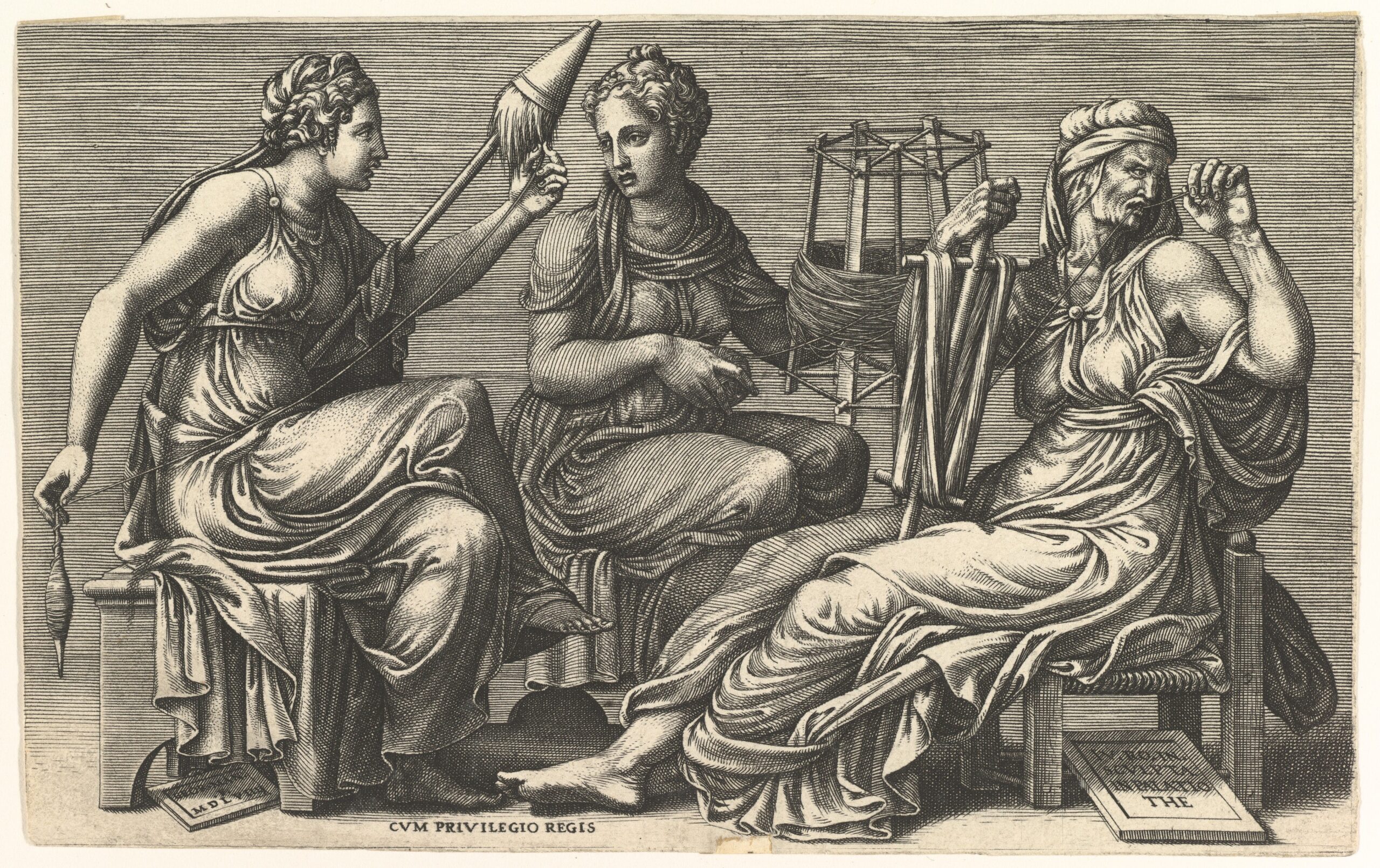An enduring and captivating narrative is one where the protagonist actively rebels against their preordained fate, yet their efforts ultimately culminate in the fulfillment of said fate. Over time, this story has been retold countless times, gaining recognition as a recurring trope in literature and mythology.
Oedipus stands as an iconic example of this trope in action. Destined to slay his father and marry his mother, Oedipus departs Corinth in an attempt to thwart this ill fate. Despite his efforts, he unknowingly kills King Laius, his biological father, and marries Jocasta, his biological mother, en route. In the end, Oedipus’ actions serve only to cement the realization of his prophecy.
Similarly, the tale of Achilles exemplifies this trope. In a bid to immortalize her son, Thetis submerges him in the River Styx, holding him by his heels – a fatal mistake that ultimately leads to his tragic demise.
The allure of this narrative perhaps stems from our fascination with the notion of destiny and fate. We are left to ponder whether our choices hold any actual significance, or if we are merely following a preordained script written by incomprehensible entities, enacting it without even realizing. This very concept is embodied by the Moirai of Greek Mythology, more commonly known as the Three Fates.
The Three Fates, Clotho, Lachesis, and Atropos, are believed to be the weavers of destiny, controlling the thread of life for every mortal. Clotho spins the thread, Lachesis measures its length, and Atropos, with her shears, cuts it to determine the moment of death. This mythological portrayal of fate as an unchangeable force, beyond human control, raises profound questions about the nature of free will.
As mortal beings with limited lifespans, we are faced with the haunting realization that we only have one chance at life. Our choices and actions are made with the awareness that there are no do-overs, no rewind buttons, and no second chances. This awareness leads to a constant speculation of what could have been, as we grapple with the concept of free will versus predestined fate.
The question of fate versus free will is an age-old debate that has been pondered by philosophers, theologians, and thinkers throughout history. Some argue that our lives are predetermined, that our destinies are already written, and our choices are merely an illusion. Others argue that we have complete control over our lives, and our choices shape our destinies.
The truth, however, may lie somewhere in between. While we may not have control over external circumstances, such as the time and place of our birth, our genetic makeup, or the actions of others, we do have the power to make choices within the confines of our circumstances. We have the ability to choose our attitudes, our beliefs, and our actions, which in turn shape our lives.
But even with our capacity for choice, we are limited by our mortality. We cannot see the full consequences of our choices, as the ripples of our actions extend beyond our lifetimes. We are unable to go back in time and alter our decisions, and we can only speculate on what might have been. This inherent limitation of mortality adds an element of uncertainty to our understanding of fate and free will.
In literature and mythology, this theme is often explored through characters who strive to change their fate but ultimately find themselves ensnared by it. Their struggles against the predetermined course of events serve as a reflection of our own human condition, where we grapple with the limitations of our existence and the uncertain interplay of fate and free will.
In conclusion, the question of fate versus free will continues to be a captivating and enduring theme in literature, mythology, and human contemplation. As mortal beings with limited lifespans, we are bound by the constraints of time and circumstance, and yet we have the capacity to make choices that shape our lives. Our speculation on what could have been and our attempts to alter our fate highlight our innate curiosity and desire to understand the complexities of our existence. Ultimately, the question of fate versus free will may never be definitively answered, but it remains a thought-provoking and timeless inquiry that continues to captivate our imagination.

Leave a Reply